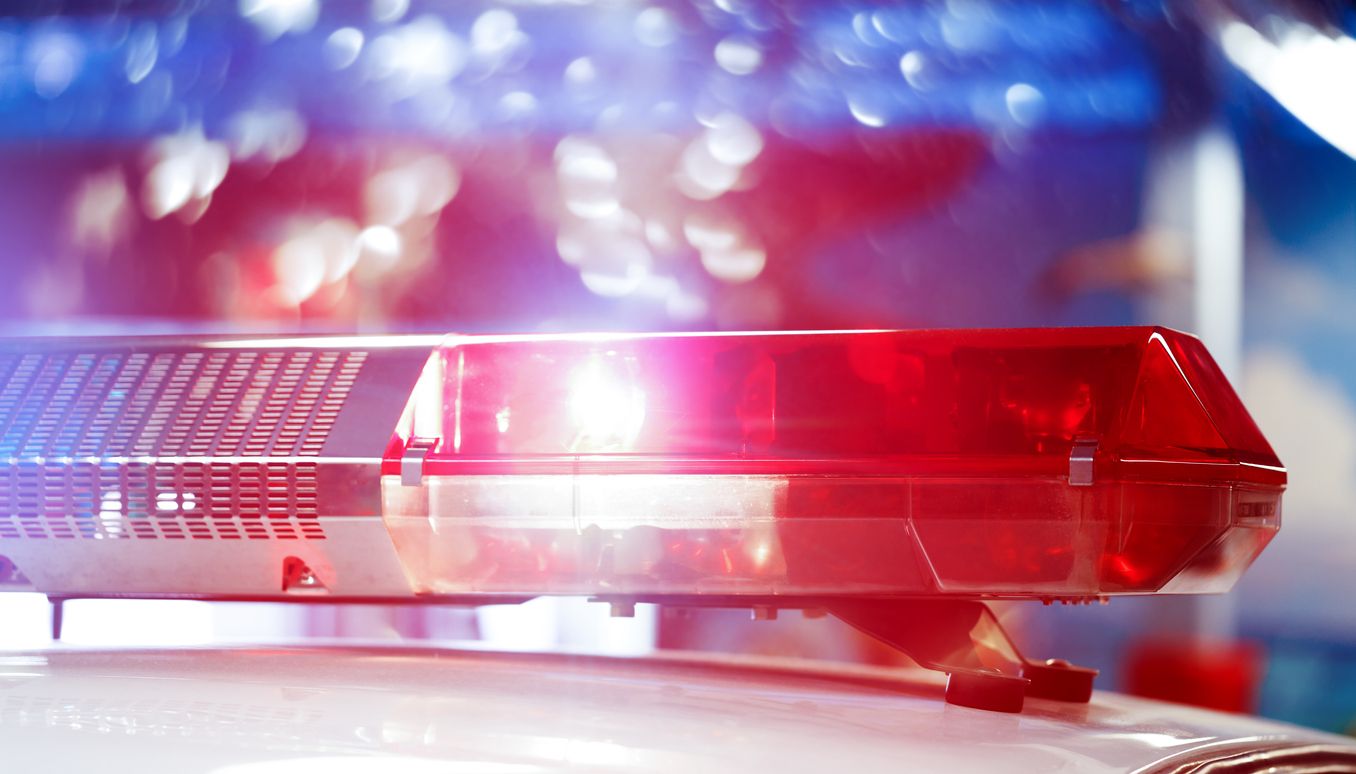How the black market profits from exploited cannabis grow licenses

Nearly 34,000 Canadians have a license to grow marijuana. Ontario residents hold 11,000 licensees, and those in Manitoba have a little over 1,600. Health Canada issues these permits, and they have allowed medical grow licenses to be manipulated by the black market. The lack of oversight by Health Canada into who is or isn’t licensed to grow medical cannabis and how much they can grow has made this system into the perfect target for black market growers.
Procedures
There is no limit on the amount of cannabis that a doctor can authorize for patients' daily use. This leaves people open to getting a medical license for growing marijuana and then selling it for profit. This is a method that skirts the system and paves the way for the black market to make money. The system is designed for the sick and not as a means to profit.
Requirements
The system has changed. In 2009 and 2010, when a cannabis activist, Steven Stairs of Winnipeg, Manitoba, obtained his license to use and grow cannabis, you needed authorization from your doctor as per Health Canada regulations. Today the system for growing marijuana and obtaining your grow licenses has changed. Now grow licenses are obtainable easily online. There is even the advantage now to access what he calls a pay for access clinic, where a fee will be charged for a prescription, something that is against Manitoba's regulations.
Doctors’ orders
In Canada, the average amount of cannabis that doctors are authorizing for their patients to consume is 2.1 grams per day, according to Health Canada. Using Health Canada’s online calculator, it doesn’t take long to figure out that each patient would be able to grow up to 10 plants. However, if you take the time and do a simple online search, you will find companies that are ready to help Canadians receive a physician’s authorization for 95 grams per day dose.
This large amount of daily grams will allow an individual to grow up to 463 plants. If your doctor authorizes a patient to use cannabis, Health Canada is right behind you, and they will allow you to access your medicine. However, the regulatory body states that they do not supervise physicians and how they prescribe or recommend doses.
Provincial laws, along with professional colleges, is where the responsibility rests. Health Canada does not have any part in determining whether or not cannabis is appropriate for a patient because this is best achieved when a patient discusses their intent to use cannabis with a health care professional.
Complaints
Several Winnipeg neighbourhoods started to lodge complaints about medical grow ops in houses where no one was living. According to Health Canada, there is no requirement for someone to be living in a home where growing marijuana is known. Health Canada believes that rule is up to the municipalities to govern and regulate. These neighbourhoods wonder if the grow-ups are for legal, medical marijuana patients, mainly since the houses are not occupied.
Winnipeg city hall acknowledged the resident's complaints by saying that there are no regulations that prevent you from having a cannabis grow operation. Thirty-six residents submitted addresses of homes they presumed to be grow houses. Results of an inquiry by CBC News who pulled the permits and documents of these homes are interesting. Upgraded electrical panels had recently been installed in 34 of the homes. According to city inspectors, ten of the houses had previous electrical permits specifically to grow cannabis.
Prior convictions
During the CBC investigation of five homes where medical marijuana was being grown, the house owners had been convicted of a marijuana-related offence. Health Canada has regulations that include the rule that anyone convicted of a cannabis-related crime may not hold a license to grow. There are, however, no rules that prevent a family member of the same household from obtaining a permit.
Money numbers
Winnipeg police have received many calls for homes suspected of growing marijuana. The law has no authority to investigate legal grows that are authorized by Health Canada.
Det. Insp Jim Walker from the Ontario Provincial Police Organized Crime Enforcement Bureau states that there is no maximum amount of medical cannabis that a patient can grow under the current Health Canada regulations. This status in the regulations is, according to Walker, adding to the problem. Over 143 million dollars in marijuana and the arrest of 195 people by the OPP during July and October relating to criminal enterprises exploiting the current Health Canada medical marijuana regime were noted.
Final thoughts
A former executive of a Canadian cannabis company voices his opinion by stating that since cannabis legalization in Canada in 2018, licensed producers have been supplying about 50% of the legal marijuana market. George Robinson, on the other hand, acknowledges that there will always be a place for the illegal market. However, he is also clear that it represents a more minor 15 to 20 percent of cannabis sales, not 50 percent.
OPP Insp Walker is waiting for the review that the government promised to conduct three years after legislation. The loophole that has allowed organized crime to exploit the system will be highlighted and hopefully closed. More screening by Health Canada on who they approve for licenses is defiantly seen as a needed necessity, according to some cannabis activists.

